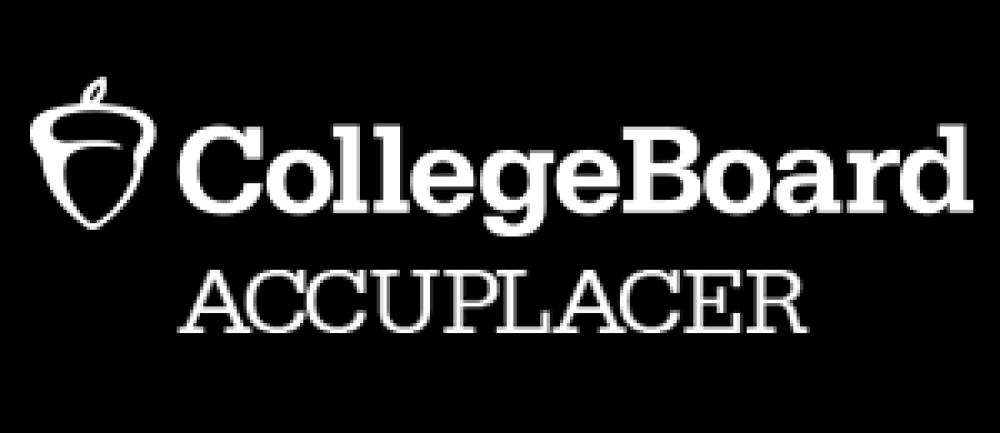Student Placement
IECC is committed to supporting student success in college by ensuring appropriate placement in reading/writing, mathematics, English, and English as a Second Language courses. Therefore, as part of the admissions process, IECC uses multiple measures to assess student placement in college-level and developmental courses. Prior to registration, initial placement levels for reading/writing, math, and English must be determined for all degree-seeking students. Additionally, all students are subject to placement level assessment prior to enrolling in an English or math course with a prerequisite requirement.
The results of the following placement assessment measures will assist in determining college-readiness with the goal of enhancing the college experience and improving student outcomes.
-
Review of nationally standardized test scores such as ACT, SAT, ACCUPLACER, ASSET, PSAT, PARCC, etc. (Testing must have been completed within the past 3 years.)
-
Analysis of high school and/or college transcripts, considering coursework completed and grade point average;
-
On-Campus ACCUPLACER Testing. If standardized test scores or transcripts are not available or do not meet the course placement requirements, additional placement testing may be required. (See ACCUPLACER Testing Information below.)
-
ACCUPLACER ESL testing of students for whom English is not their first language.* This test consists of 4 multiple choice sections: Language Use, Listening, Reading, and Sentence Skills. Grading is based on a scale of 20 to 120 points. The results will determine whether the student will:
-
begin academic course work;
-
begin a combination of academic courses and ESL classes; or
-
begin only ESL classes.
* Exemptions may be made to those who are fluent in English at the consent of the International Director (International Students) or College Academic Advisor (Domestic Students).
ACCUPLACER Testing Information
What is ACCUPLACER?
ACCUPLACER is a placement test used to determine students' skill levels in reading, writing, and math. The colleges administer ACCUPLACER for course placement and admission into select degree and certificate programs. These tests help identify your strengths and weaknesses in each subject area and assist in placing students in the appropriate courses.
How to Prepare
You can prepare for ACCUPLACER by taking advantage of the study tools and resources offered. Use these tools to become familiar with the types and format of test questions. They can help you identify the academic areas where you may need a little help and prepare to improve.
Visit
https://accuplacer.collegeboard.org/students
- Frequently Asked Questions
- Download the free and official web-based study APP
- FREE PDF Sample Questions
General Information
- Bring a photo ID or your student ID at the time of testing.
- The initial ACCUPLACER test is FREE. Any ACCUPLACER re-take test will be $5.00 per testing unit.
- Fees must be paid at the Business Office BEFORE your appointment. Present your receipt at the time of testing.
ACCUPLACER, a three-part, un-timed test
- Reading Comprehension-25 questions
- Sentence Skills-20 questions
- Arithmetic-20 questions
For more information and/or to sign up to take the ACCUPLACER, visit the Testing Center in Learning Commons at your college of attendance.

Developmental Education
Developmental education focuses on aiding students in achieving their full potential on their journey to college completion. A significant key in this achievement is preparation. Developmental courses are designed to better prepare a student to succeed in college-level courses. The successful completion of developmental courses will bring basic skills in English, mathematics, and reading comprehension to a level generally expected of entering college students. Those seeking a degree or certificate (of 16 hours or more) are required to enroll in developmental courses when it’s been determined the additional coursework will be beneficial to their college success story.
Developmental reading courses are a priority over other developmental courses and must be taken first. Placement in other developmental coursework will be based on the student’s program of study. Developmental courses need to be completed prior to, or concurrently with, enrollment in a college-level course in the same area of study.
Credits earned in traditional developmental courses cannot be applied toward a certificate or degree and are not calculated in the grade point average. Credits earned in corequisite developmental courses can be applied toward a certificate or degree and are calculated in the grade point average.
